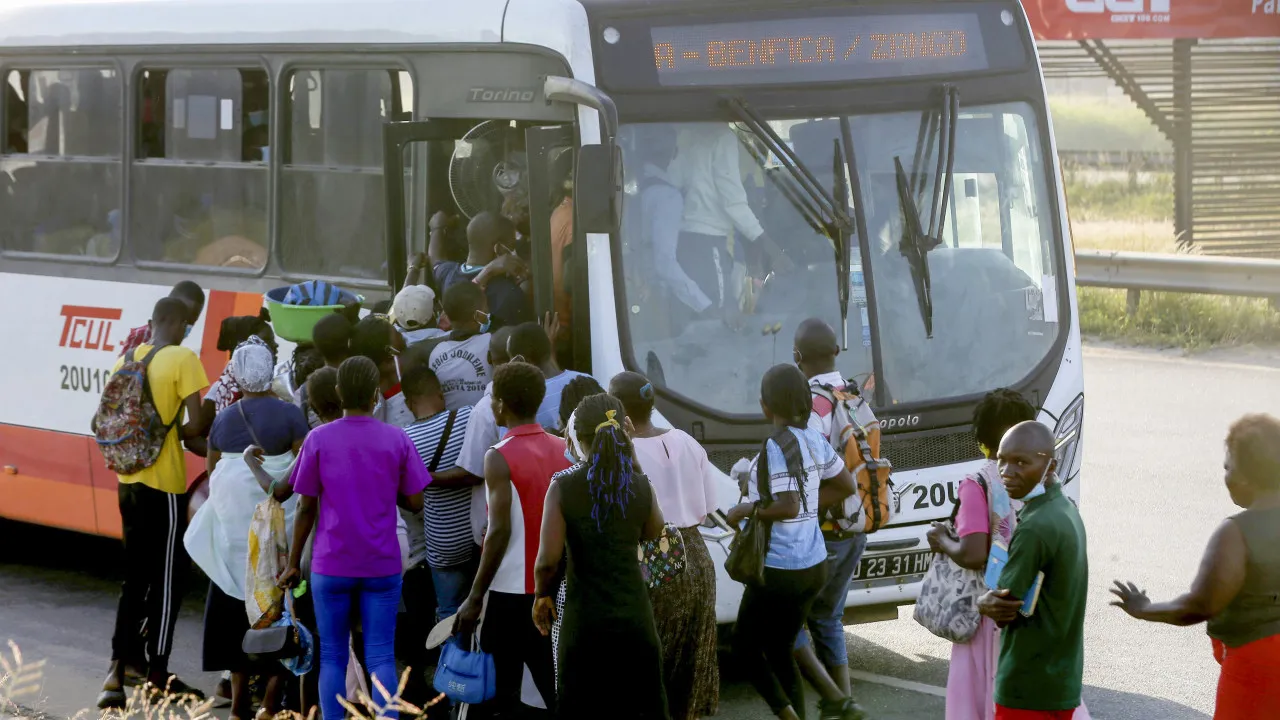
The fare for collective taxis, commonly referred to as “candongueiros,” will be set at 300 kwanzas per journey (0.28 euros), and urban bus fares will increase to 200 kwanzas per ride (0.19 euros), as stated in a communiqué from the ANTT.
The new tariffs will come into effect on Monday following a rise in the diesel price, which went from 300 to 400 kwanzas per liter (0.28 to 0.37 euros) starting July 4, as part of the gradual removal of fuel subsidies.
For intermunicipal passenger services, tariff adjustments will be determined by local authorities, considering the technical and operational criteria of each route.
The price update adheres to Executive Joint Decree No. 81/23 and Presidential Decree No. 283/20, establishing a flexible adjustment system based on import and export parity, according to ANTT’s statement.
The regulator noted that “whenever there is a fuel price adjustment that does not exceed the reference values used in tariff calculations, they should remain unchanged, maintaining stability for users.”
ANTT emphasized its goal to “ensure the operational balance of transport companies and the continuity of services provided to the population,” and appealed for citizen “understanding in light of the global economic context.”
Since subsidy removal efforts began in 2023, diesel prices have soared nearly 200%, from 135 kwanzas per liter (0.13 euros) to the current 400 kwanzas.
The Angolan government projects savings of approximately 400 billion kwanzas annually (around 372 million euros) with the subsidy removal, intending to redirect resources to sectors such as health, education, and infrastructure.




